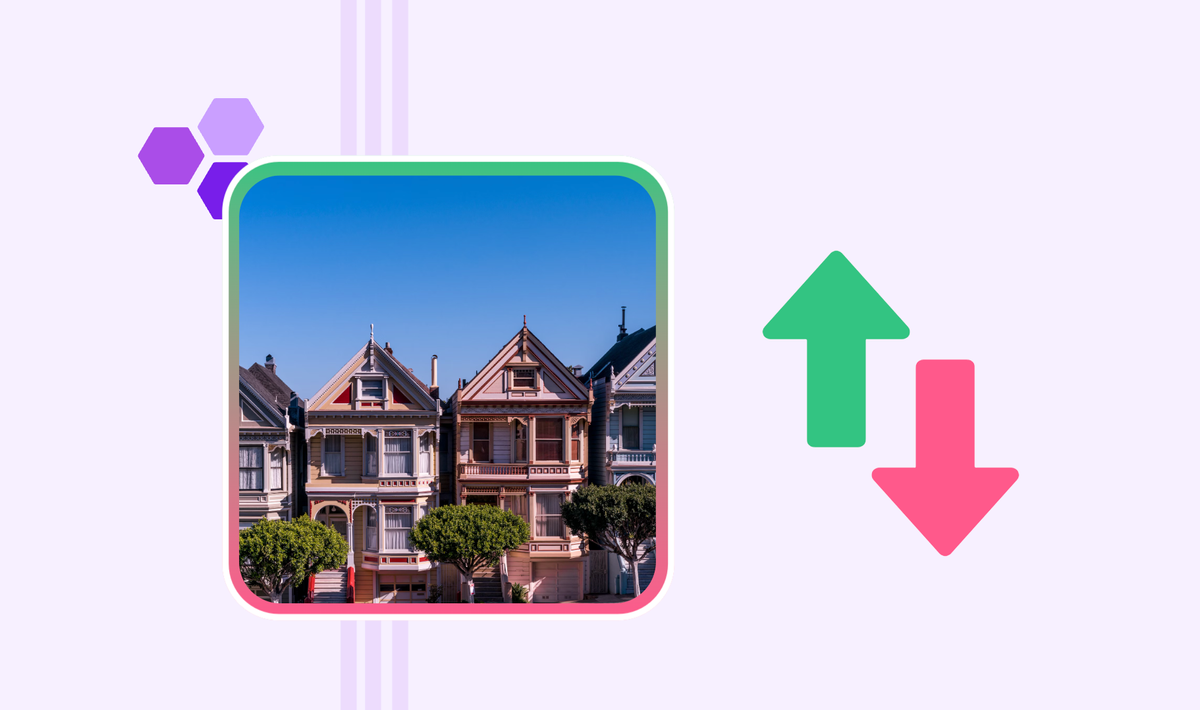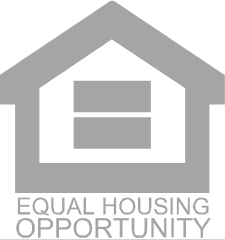Will the Housing Market Crash in 2024 or 2025? Here’s What You Need to Know
Explore whether the housing market will crash in 2024 or 2025, considering key factors like supply shortages, interest rates, and market stability.

Overview
The housing market is a topic on everyone's mind in 2024. Whether you’re a investor, homeowner, prospective first time buyer, or simply curious, you’ve probably wondered: Will the housing market crash? It’s a fair question, especially given how much housing prices have soared over the past few years. Let’s dive into the key factors shaping today’s housing market and whether a crash is truly on the horizon.
What’s Going on With Home Prices?
Over the last few years, we’ve seen home prices reach historic highs. Many buyers found themselves priced out of the market, and homeowners who secured lower mortgage rates in the past have been hesitant to sell. This combination has led to a lack of available homes, driving prices up even further. However, as interest rates have risen, mortgage payments have become more expensive, slowing down the frenzy of homebuying. While this has raised concerns that the housing market might be on the verge of a crash, experts believe a nationwide collapse is unlikely.
High Demand and Low Supply
One of the main reasons why a housing market crash is unlikely is the persistent supply shortage. The U.S. currently faces a housing deficit of around 4.5 million homes. This shortage, combined with population growth and household formation, means demand for homes remains strong in many parts of the country. Even as mortgage rates have risen, the limited number of homes available has helped keep prices relatively stable.
That said, we are seeing some cooling in certain suburban and rural markets, particularly areas that saw a surge of demand during the pandemic. But this doesn’t indicate a full-scale crash—just a more balanced market after years of rapid growth.
Are Homeowners in Trouble?
A big concern during the 2008 housing crash was that many homeowners were underwater on their mortgages, meaning they owed more on their homes than they were worth. This led to a wave of foreclosures and a collapse in home values. Fortunately, that’s not the case today. Most homeowners have built up significant equity in their homes thanks to rising prices over the past decade. Additionally, many homeowners locked in low-interest mortgage rates, making their monthly payments manageable, even in times of economic uncertainty. This means fewer people are at risk of defaulting on their loans, making a wave of foreclosures much less likely.
What About Interest Rates?
Interest rates have been a hot topic in 2024. The Federal Reserve has raised rates to combat inflation, making borrowing more expensive. While higher mortgage rates have cooled the housing market somewhat, they are not expected to trigger a crash. In fact, mortgage rates have recently started to come down, making homeownership more affordable for some buyers. As rates continue to stabilize, we could see more people re-enter the market, driving demand once again.
As of September 15h the average 30 year fixed mortgage rate is already down to 6.34%, almost a full 1% lower than this same time last year.
Will There Be Regional Market Corrections?
While a nationwide crash seems unlikely, it’s important to remember that housing markets can vary significantly by region. Some areas, especially those where prices skyrocketed during the pandemic, may see price declines or “corrections” as the market balances itself out. However, even in these areas, experts don’t expect a drastic drop in home values—just a return to more normal conditions.
In high-demand cities like New York, San Francisco, and Seattle, the market is likely to remain strong due to limited housing supply and ongoing demand. These areas are better insulated from significant downturns, even if some price adjustments occur.
The Bottom Line: A Crash Is Unlikely
While it’s natural to be concerned about the state of the housing market, a full-blown crash in 2024 seems unlikely. The combination of a persistent housing shortage, strong homeowner equity, and the cooling of mortgage rates suggests we’re more likely to see a stabilization of prices rather than a collapse.
If you’re a buyer, this could be a great time to start watching the market for opportunities. And if you’re a homeowner, rest assured that the fundamentals of the market remain solid, even if some areas experience a bit of a slowdown.
Conclusion:
The housing market in 2024 may look different from the boom years we’ve just lived through, but don’t expect a catastrophic crash like in 2008. Instead, we’re seeing signs of a market leveling out. Whether you're looking to buy or sell, it’s important to stay informed, keep an eye on interest rates, and be ready for opportunities as they arise.




